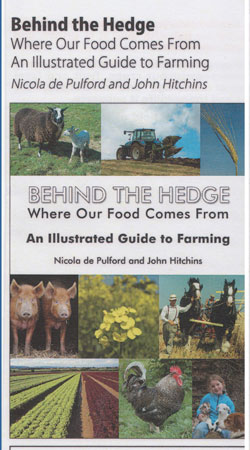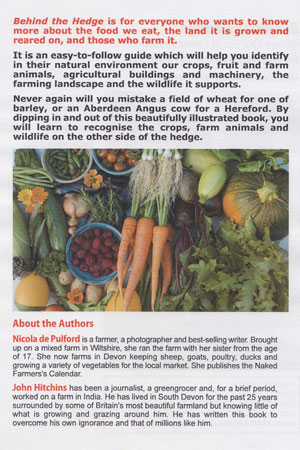- Home
- Shop
- Cards
- Books
- Archived
- Farmers Calendar 2000
- Farmers Calendar 2002
- Farmers Calendar 2003
- Farmers Calendar 2004
- Farmers Calendar 2005
- Farmers Calendar 2007
- Ladies Farmers Calendar 2007
- Farmers Calendar 2008
- Ladies Farmers Calendar 2008
- Farmers Calendar 2009
- Ladies Farmers Calendar 2009
- Farmers Calendar 2010
- Ladies Farmers Calendar 2010
- Farmers Calendar 2011
- Ladies Farmers Calendar 2011
- Farmers Calendar 2012
- Ladies Farmers Calendar 2012
- Mens Calendar 2013
- Ladies Calendar 2013
- The Naked Mens Farmers Calendar 2014
- The Naked Ladies Farmers Calendar 2014
- The Naked Farmers Calendar 2016-Men
- Farmers Calendar 2006
- Ladies Farmers Calendar 2006
- The Naked Farmers Calendar 2016-Ladies
- Farmers Calendar 2018
- Ladies Farmers Calendar 2018
- The Farmers Calendar 2019
- The Ladies Farmers Calendar 2019
- Local Outlets
- Latest News
- Gallery
- Cards
- Out Takes
- Some Of Our Animals
- The Farmers Calendar 2000
- The Farmers Calendar 2002
- The Farmers Calendar 2003
- The Farmers Calendar 2013
- The Farmers Calendar 2016
- The Farmers Calendar 2018
- The Farmers Calendar 2022
- The Lady Farmers Calendar 2016
- The Lady's Farmers Calendar 2018
- The Naked Farmers Calendar 2014
Books
Behind the Hedge |
|
 |
 |
Behind the Hedge, subtitled "where our food comes from", is a timely publication that aims to put readers back in touch with the land at a time when many people's closest connection with meat, milk and cereals comes in the aisle of the supermarket.
As the authors write in the introduction: "Thanks to David Attenborough, many of us are more familiar with a hump-backed whale or an orangutan than the pig or hen that provides our breakfast bacon and eggs".
"Because so much of what we eat is processed, packaged or frozen we can forget where it comes from. The food chain has grown so long it is easy to lose sight of the farmer at the other end."
The book is more directory for dipping into than long, informative read. But chopping up the information into bite-sized chunks with illustrations does make it digestible and useable as a field guide as well as a reference volume.
In fact, as a field guide it could be as valuable as the many guidebooks to the natural world which people keep in the glovebox of the car.
Taking a pocket guide to birds on a ramble around the footpaths of Devon and Cornwall might yield one or two "spots" for all but the most dedicated birder.
Take this guide to farm animals, crops and the managed landscape, however and - if you were competitively minded - you could "tick off" dozens of accurately identified farm items, from mangel wurzels to Texel sheep and seed drills to silage foragers.
The history of the landscape, wildlife on the farm, the finer points of slaughter and butchery and information on managed woodland is all in the book as well as pages and pages of sheep, cattle, pigs and goats all beautifully illustrated to make identification easier.
